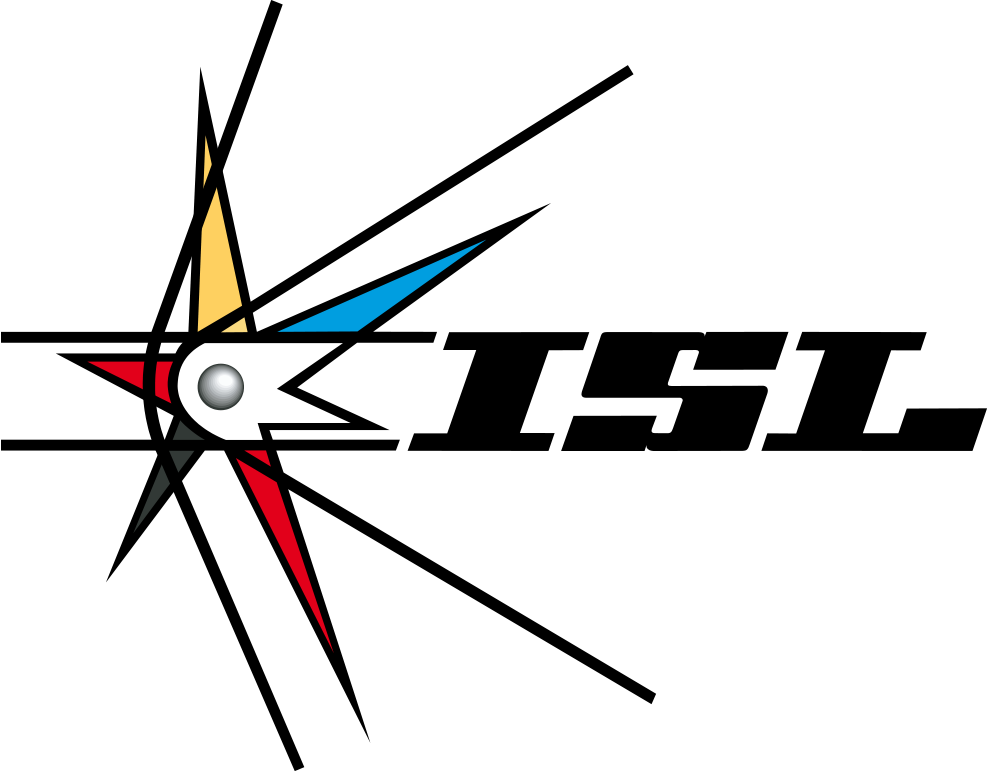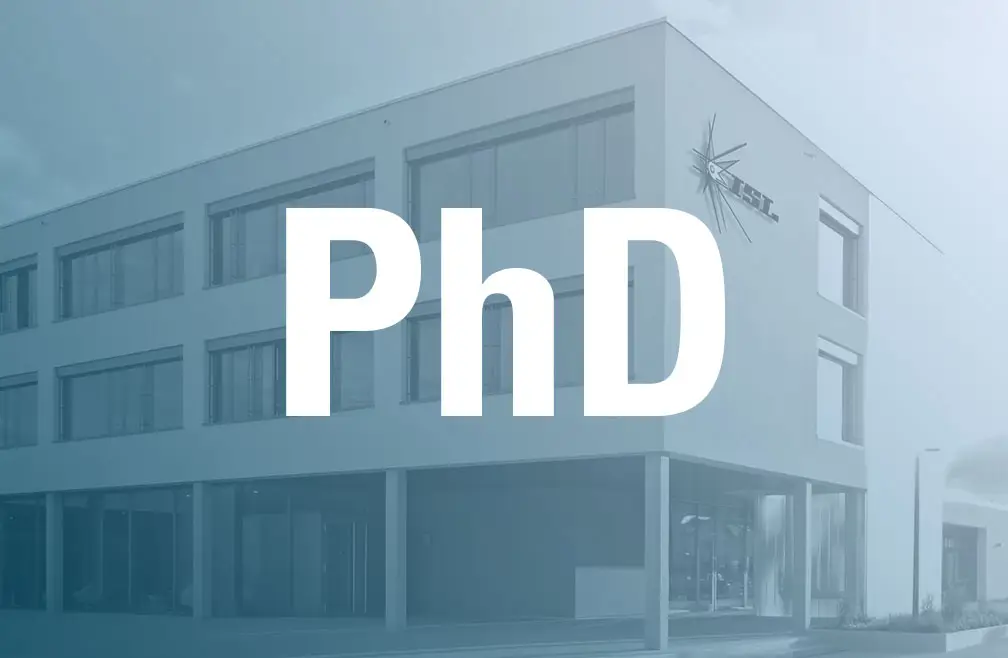ISL is offering a PhD Position
Research field: Flight dynamics, Control, Automatic control
Guidance and control for highly manoeuvrable drone interceptor
Context
Unmanned Aerial Vehicles and loitering ammunitions, also known
as “suicide drones” pose significant challenges to the armed
forces, as evidenced by recent conflicts. One example is the HESA
Shahed 136, a low-cost, high-endurance loitering munition with a
large payload capacity and precision strike capability. Current systems
targeting short to medium range airborne threats mostly rely
on legacy air defence system designs. These were developed to
destroy combat aircraft or helicopters. As a result, their performance
against combat drones is very poor and the costs are
excessively high. On the other hand, gun-based systems offering
cost-effective effectors have a limited range and low hit
success rates. The worst-case scenario being a saturation attack by
a swarm of low-cost UAVs.
To counter this rising threat, a fast and manoeuvrable interceptor
is needed. The cost of such an interceptor should be kept to a
minimum and it should be quickly deployable e.g. from light tactical
vehicles. To meet this demand, ISL is currently working on a
reusable Vertical Take-Off and Landing (VTOL) tailsitter interceptor
that will be able to quickly climb to its ceiling and transition to
cruise flight for interception or tail chase.
In the same time, ISL has demonstrated top-attack and impactangle
constrained manoeuvres against ground targets using lowcost
UAVs. ISL has also developed a control design framework addressing
the trade-off between actuator control effort, stability, and
manoeuvrability.
Based on this research work, the goal of this PhD thesis is to contribute
to the guidance and control system of the tailsitter drone
interceptor. This involves leveraging reduced stability control and
trajectory shaping guidance in order to maximize the manoeuvrability
and flight path tracking capabilities. It includes study of
the vertical take-off and landing, along with transitioning between
hover and forward flight.
Candidate profile
- Master’s degree in automatic control
- Experience in flight dynamics is advantageous
- Excellent command of English in speaking and writing
- Personal initiative, reliability, teamwork and communication
skills
Benefits
- Ph.D. degree in the field of automatic control
- Multi-disciplinary experience
- Working in an international environment
- Competitive salary
Localization
The project is carried out in cooperation between the French-German
Research Institute of Saint-Louis (ISL) and the University of
Strasbourg.

